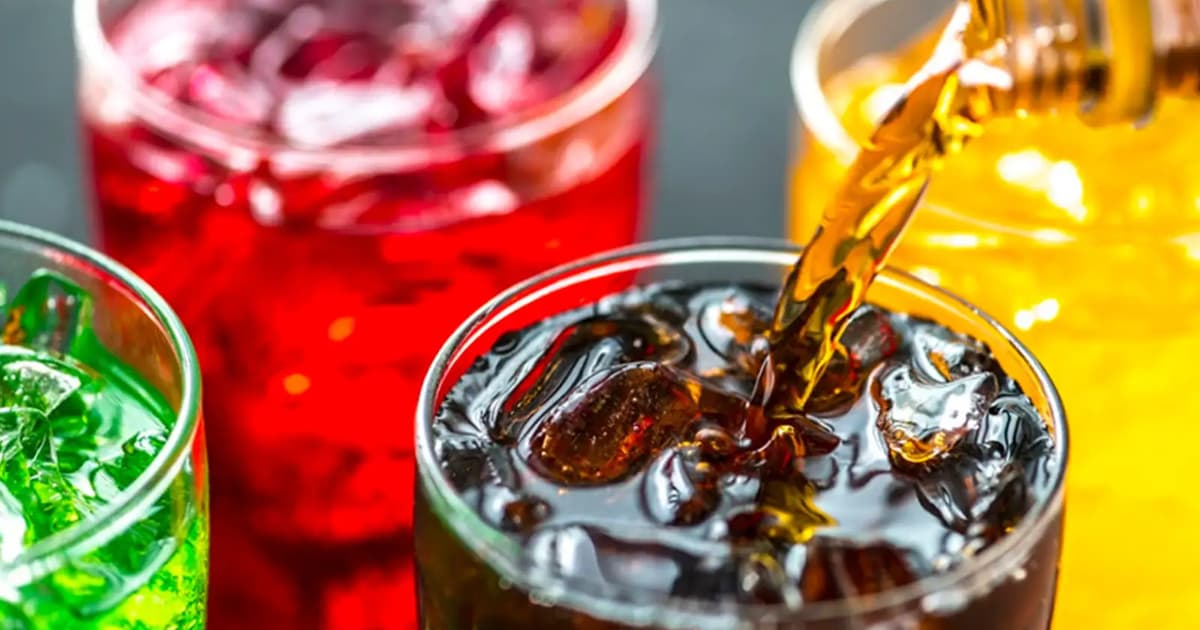
The Federation of Malaysian Consumers Associations (Fomca) has urged the government to review its subsidies on sugar, saying it is no longer aligned with public health needs as the country faces a rise in diabetes cases.
Fomca CEO T Saravanan said a gradual reduction of the subsidy over a period of three to five years was realistic, giving consumers and industry players time to adapt without facing a sudden price surge.
“This gradual approach can reduce price shocks and prevent an overwhelming economic impact on low-income groups.
“At the same time, the subsidy savings can be channelled to public health programmes, nutrition education initiatives, and incentives for food and beverage producers who create healthier products,” he told FMT.
The Malaysian Medical Association had called on the government to enforce a gradual 20% to 30% reduction in added sugar across manufactured food and beverages over the next three to five years, warning that Malaysia was facing a diabetes crisis.
MMA president Dr R Thirunavukarasu said the target was achievable, aligned with global practices, and should be supported by a broader sugar tax and clearer front-of-pack nutrition labelling.
This followed reports that Malaysia is now ranked 13th globally and the highest in Southeast Asia for diabetes prevalence, with 21% of Malaysians, or one in five adults, living with the disease.
Thirunavukarasu also cited the National Health and Morbidity Survey 2023’s finding that 15.6% of adults have diabetes, with more than half overweight or obese.
Saravanan said some manufacturers had already introduced low-sugar products as consumer demand was shifting, but stricter government policies would accelerate industry transformation.
“However, reducing sugar content does not necessarily lead to lower prices. In many cases, producers’ costs may increase initially because they need to change formulations, use alternative ingredients, or conduct product testing that requires additional investment.
“In fact, substitutes or natural flavourings are often more expensive than sugar itself. Therefore, it is unrealistic to assume prices will fall just because sugar is reduced,” he said.
Malaysian Indian Restaurant Owners Association (Primas) president J Govindasamy supported MMA’s suggestions, saying clear sugar and calorie labelling empowers consumers to make healthier choices while encouraging restaurants to improve their recipes.
However, he urged the government to provide clear guidelines and support for F&B operators to ensure the initiative benefits public health and the food industry.
“Implement it gradually and practically, starting with voluntary labelling and clear guidelines. Training and support for small operators, along with cooperation with associations like Primas, will ensure smooth implementation,” he said.






